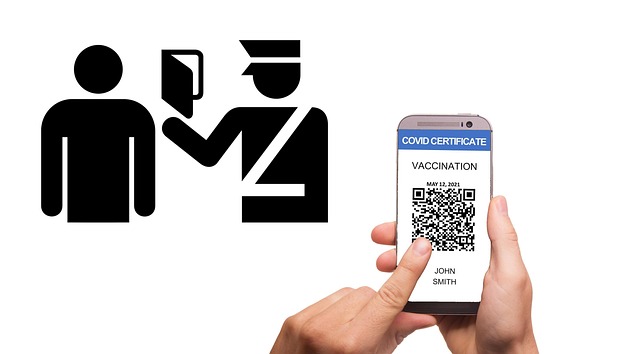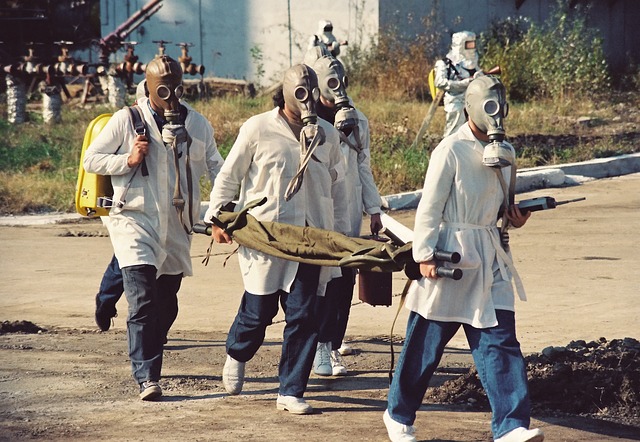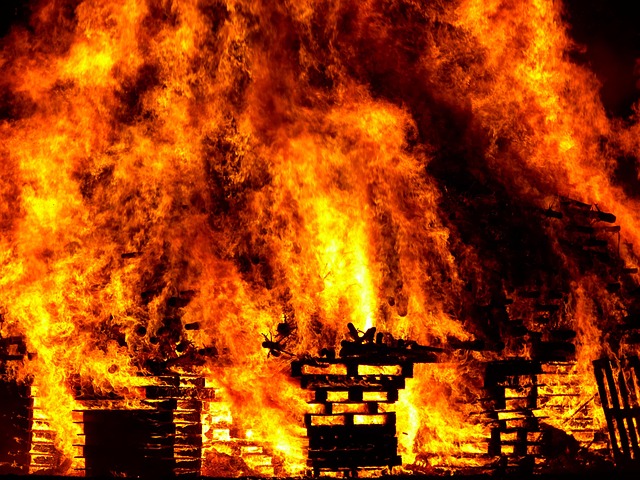Recent reforms mandate that all gas work be performed by certified Gas Safe Registered engineers to prioritize safety and minimize risks. Obtaining a Gas Safety Certificate involves rigorous training, demonstrations, and exams. Regular inspections, updates, and compliance with evolving regulations are vital for landlords and homeowners to ensure secure gas system operations, meeting legal obligations and prioritizing occupant safety. Professionals must stay updated on sector-specific standards, implement regular staff training, maintain records of maintenance and certifications to avoid legal issues and uphold safety measures.
In recent years, gas safety regulations have undergone significant reforms aimed at enhancing protection for users. This article delves into these latest updates and explores the crucial role of a gas safety certificate in mitigating risks. We’ll break down the new requirements, dissect the certification process, and provide practical steps for professionals to ensure compliance with evolving standards. Understanding and adhering to these regulations is essential for maintaining safe gas systems and protecting lives.
- Understanding Recent Gas Safety Reforms
- Requirements for Obtaining a Gas Safety Certificate
- The Role of Certification in Preventing Risks
- Ensuring Compliance: Practical Steps for Professionals
Understanding Recent Gas Safety Reforms

Recent reforms in gas safety regulations have brought about significant changes in the industry, emphasizing a deeper focus on prevention and proactive measures. The primary objective is to ensure the well-being of both professionals and homeowners by minimizing risks associated with gas installations. These new standards require that all gas work be carried out by qualified and certified technicians, known as Gas Safe Registered engineers or installers.
Understanding these reforms involves grasping the importance of regular gas safety inspections and certifications, such as the gas safety certificate. Homeowners should be aware of how to renew their gas safety certificates promptly to maintain compliance with these regulations. Knowing where to find gas safe registered technicians is crucial for ensuring that any gas-related work meets these stringent new standards and promotes a safer environment.
Requirements for Obtaining a Gas Safety Certificate

Obtaining a Gas Safety Certificate is a comprehensive process designed to ensure the highest standards of safety in the handling and installation of gas systems. It involves meeting strict requirements set by regulatory bodies, such as completing relevant training courses and demonstrating proficiency in gas safety management. The certificate covers various aspects including knowledge of gas hazards, safe working practices, and proper use of protective equipment.
To get a Gas Safety Certificate, individuals or businesses must first assess their specific needs and select appropriate certification programs. This may include specialized courses for gas engineers, technicians, or those responsible for gas safety in the workplace. Upon completion of these training programs, candidates are required to pass rigorous exams that test their understanding of gas safety principles and practical application. Moreover, regular updates and recertification are crucial to stay compliant with evolving regulations, ensuring a safe environment for all stakeholders, especially when compared to general insurance requirements.
The Role of Certification in Preventing Risks

Certification plays a pivotal role in mitigating risks associated with gas installations. A valid gas safety certificate ensures that a property’s gas systems have been meticulously inspected and maintained, meeting stringent industry standards. This process involves assessing the integrity of pipelines, appliances, and fixtures, as well as checking for potential leaks or other hazards. By mandating regular certifications, regulatory bodies aim to protect occupants from dangerous gas build-up and ensure the safe operation of boilers and similar equipment.
Obtaining and maintaining a gas safety certificate is not only a legal requirement but also demonstrates a commitment to safety. For landlords, it’s crucial for compliance with regulations, while homeowners can rest assured that their families are protected. Before an inspection, preparing meticulously—ensuring all gas appliances are functional, up-to-date, and well-maintained—can significantly ease the process. Understanding how to renew a gas safety certificate promptly when needed is also essential knowledge, as it helps to avoid potential fines and ensures continuous safety.
Ensuring Compliance: Practical Steps for Professionals

Staying compliant with the latest gas safety regulations is non-negotiable for professionals in the industry. To ensure safety and avoid legal pitfalls, every step should be taken to maintain up-to-date knowledge and practices. Begin by familiarizing yourself with the most recent gas safety standards relevant to your sector; this includes specific guidelines tailored for gas safety in restaurants, care homes, and other high-risk environments. Regularly review these standards as updates are frequently released.
Practical compliance involves ongoing training for staff and regular inspections. Implement comprehensive gas safety training programs that meet the needs of your workforce. For instance, an emergency plumber Bromsgrove should have a thorough understanding not just of fixing leaks but also of safe gas installation practices. Schedule routine checks by qualified professionals to identify potential hazards early on. Keeping detailed records of all maintenance, inspections, and certifications, including gas safety certificates, ensures transparency and immediate accessibility for regulatory bodies.
The latest gas safety regulations and certification standards are vital steps towards fostering a safer environment for both professionals and homeowners. By understanding these reforms, obtaining the necessary gas safety certificates, and adhering to strict compliance measures, we can significantly reduce risks associated with gas installations. These practices ensure that every gas-related task is performed competently and securely, providing peace of mind for all involved.
